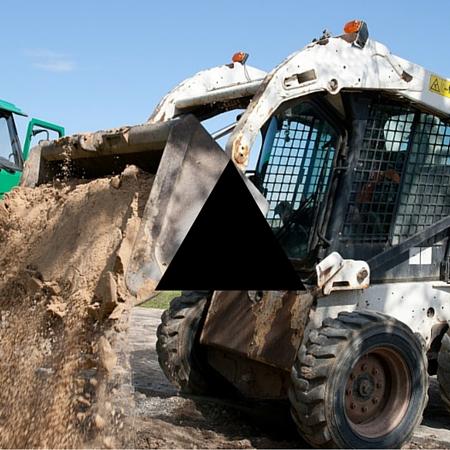Frequently Asked Questions about CMA
What are the main benefits of CMA?
- Low Corrosion – Unlike calcium chloride, Calcium Magnesium Acetate (CMA) is not corrosive
- Safe for Concrete – CMA is the safest deicer for concrete
- Safe for Children & Pets – It does not require protective gloves to handle and does not harm skin
- Environmentally Safe – CMA biodegrades and CO2 and H2O, has very low toxicity levels and is even safe for vegetation
- Residual Effect – Requires fewer applications and lasts long, resists freezing
Why was CMA developed?
There has always been concern for damage to the environment and to structures caused by chlorides de-icers. In the 1970’s, the Federal Highway Administration (FHWA) identified calcium magnesium acetate as the only low-corrosion chemical alternative to road sale that also protected the environment.
Does CMA affect the environment?
When absorbed into the soil, CMA’s calcium and magnesium components benefit the soil structure. The acetate portion of CMA biodegrades naturally into Carbon DIoxide (CO2) and Water (H2O).
Does CMA cause corrosion on roads, bridges, parking garages, etc?
No significant corrosion of steel, aluminum, or concrete has been found in repeated tests with CMA – sponsored by the FHWA, states, and private researchers.
Is there government awareness of CMA?
In 1991, Congress passed the Intermodal Surface Transportation Effeciency Act (ISTEA) providing states with 80% reimbursement for use of Calcium Magnesium Acetate (CMA) on bridges, overpasses and approaches.
What are the environmental impact differences between deicing salt with CMA and deicing salt with Calcium Chloride pellets?
|
Environmental Impact |
Calcium Magnesium Acetate | Calcium Chloride |
| Soils |
|
|
| Vegetation |
|
|
| Groundwater |
|
|
| Surface Water |
|
|
|
Storm Center Hotline |

